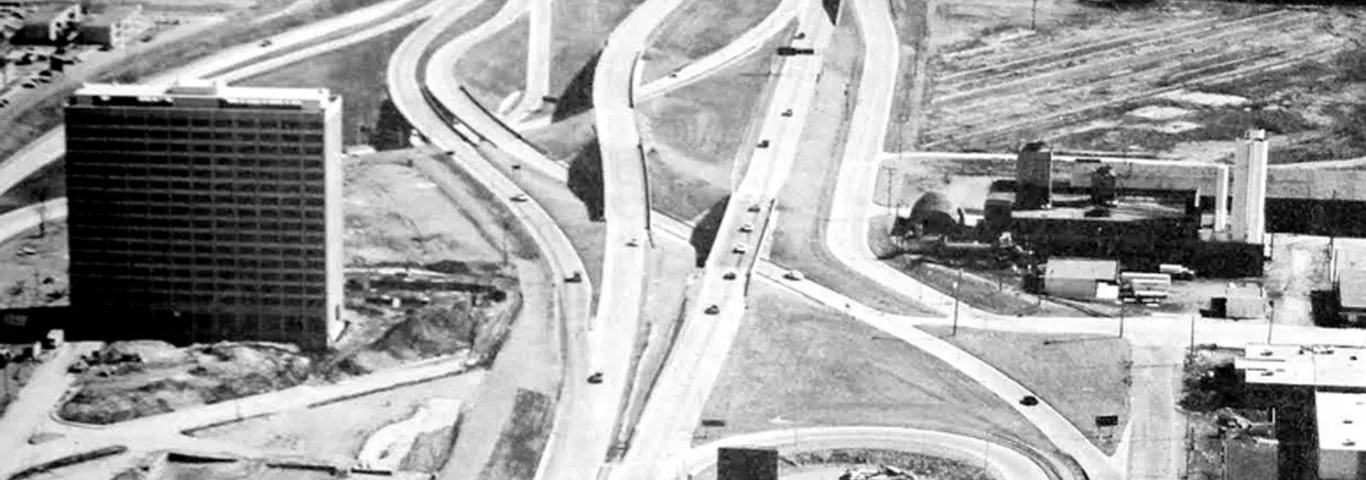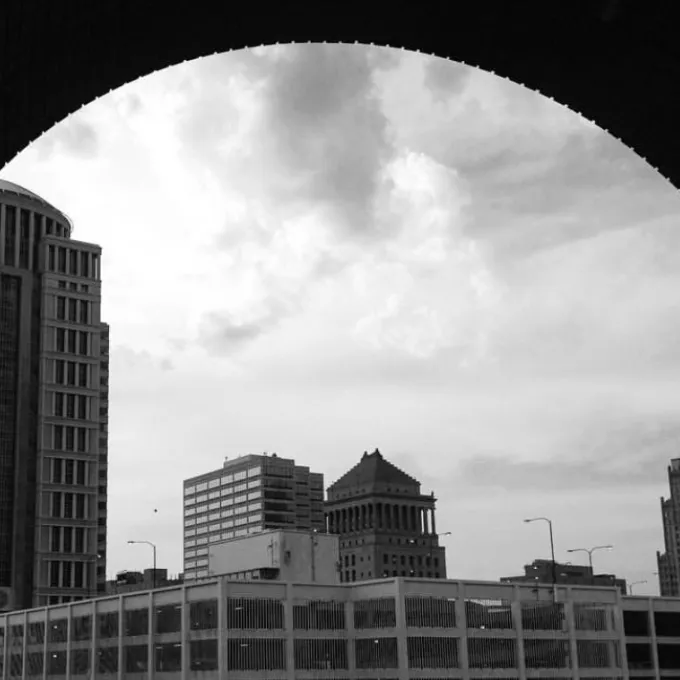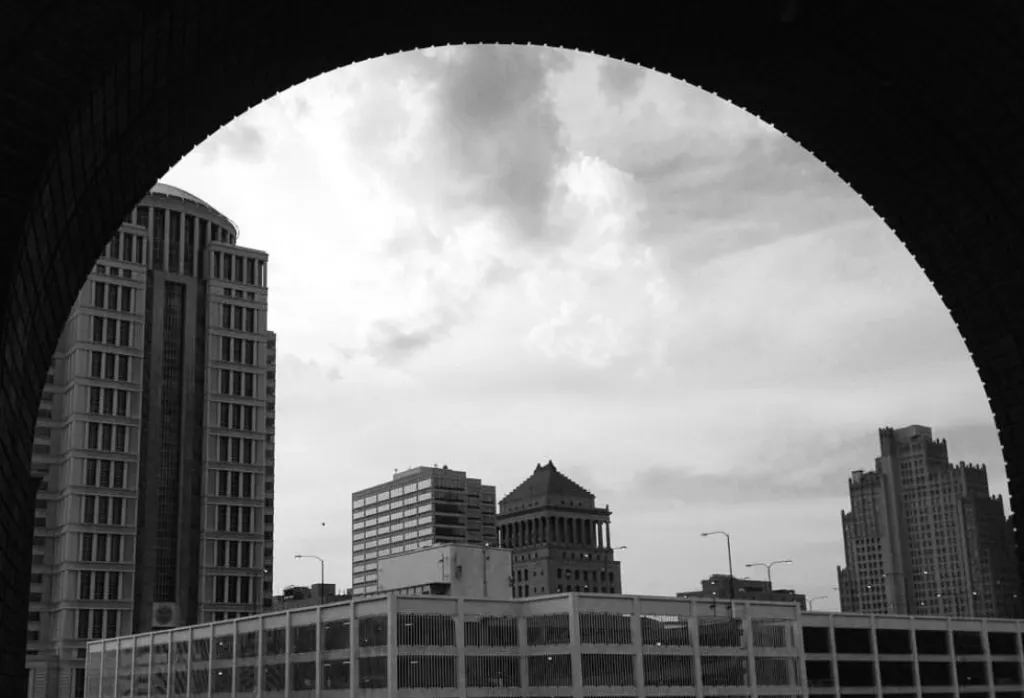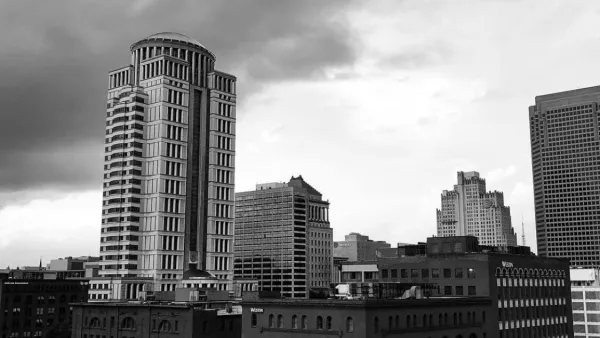Fieldwork is an immersive and multidisciplinary process that allows students to explore a cultural issue or topic in a "real world" context through an approved course such as "On Location: Exploring America," "The Race for Criticism: African American Culture and Its Critics," or "Fashioning America: A Cultural History of Fashion, Shopping, and Advertising."
Fieldwork courses are multidisciplinary and provide a structured experience of fieldwork that builds toward a reflective final class project. For current field-based courses, see our page here.







